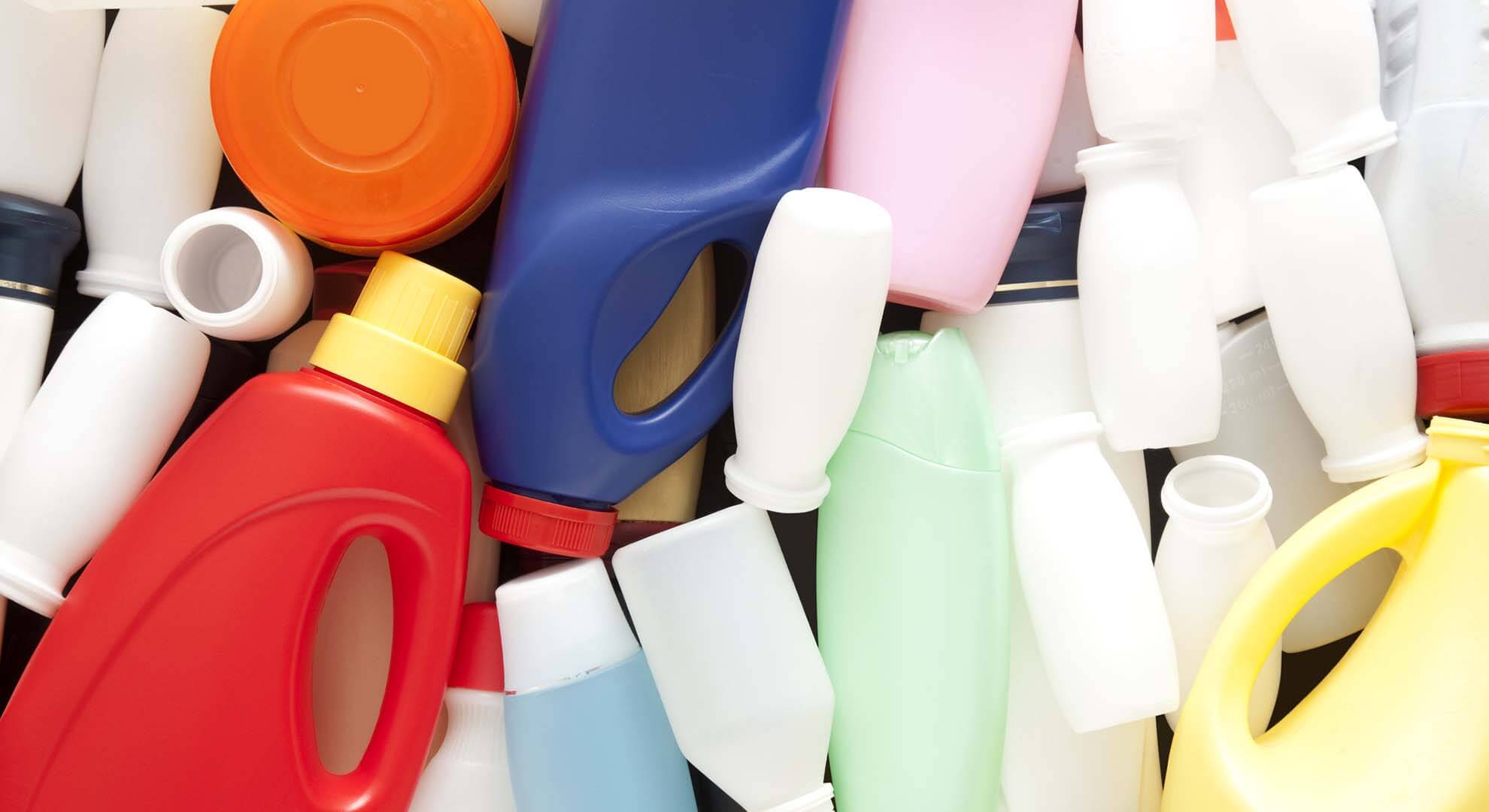
A guide to plastic recycling
We all like to think we’re doing our bit by recycling. It’s become a habit to toss all the cardboard, tins, cans and plastics that come into our homes into the recycling bin and think “job done!”.
However, despite the best of intentions, some of the packaging that we throw into our bins is not yet recyclable.
Plastics, in particular, are something many of us don’t always get right but, if we take some time to check with our local authority to know what can and can’t be recycled, then it can mean less plastic ends up in landfill, in our oceans or littering our communities, and can help us reduce our carbon footprints. A win-win all round.
Plastic does have its benefits - it can keep food fresh and is handy for tools and medical equipment. The trouble comes in the form of single-use plastic as it can take hundreds (if not thousands) of years for plastic to break down so it’s important for us to understand how we can reduce, reuse or recycle this material.
Reducing our use of single-use items, no matter the material, is even better for the environment than reusing or recycling them. #HowToWasteLess
The types of plastic collected can vary from council to council depending on the facilities they have access to.
Plastic bottles are the most widely accepted plastic item, while more councils are now accepting plastic pots, tubs and trays too.
Household recycling - yes, please!
Don’t let your good recycling go to waste. If your plastic material is caked in food residue then it can’t be recycled and will end up in landfill. Adopt the mantra ‘empty, rinse and squash’ when it comes to sorting your items for recycling. It only takes a wee minute and you’ll soon be doing it without even thinking.
Click on each item below to find out how to recycle it.
Plastic bottles including water bottles, squash bottles, milk cartons, detergent bottles, fabric softener bottles, shampoo and conditioner bottles, cleaning fluid bottles and bleach bottles.
Pots, tubs and trays including yoghurt pots, soup and cake tubs, meat trays, margarine tubs, ready meal containers, fruit punnets, hair gel containers, face and body cream pots and ice cream tubs.
Ditching plastic must be good? ...Maybe not! (33)
Carrier Bags, Plastic Films and Wraps
Most local authorities in Scotland do not accept plastic films as part of your household recycling collection.
Some types of plastic films can be recycled at the larger stores of most major supermarkets including Tesco, Asda, Morrisons, Sainsbury's, The Co-op and Waitrose.
Film lids from food trays, the lightweight nature of this plastic and high contamination rate from food makes it tricky to separate so it’s not accepted for recycling.
Types of plastic films accepted at carrier bag collection points (look for the symbol below on packaging:
- Plastic carrier bags
- Plastic bread bags
- Plastic cereal bags
- Plastic multi-pack can
- Plastic bottle wrapper
- Plastic multi-pack toilet roll
- Plastic kitchen toilet wrapper
- Plastic freezer bags
- Plastic magazine wrapper

Types of plastic films NOT accepted at carrier bag collection points:
- Any non-polyethylene film e.g. polypropylene (PP), polyvinyl chloride (PVC)
- Bubble wrap
- Cling film
- Crisp packets
- Food and drink pouches
- Film lids from food trays

What can you do?
Replace single use items, for example disposable coffee cups or cutlery, with reusable alternatives.
Make sure you recycle everything that can be recycled.
Look at packaging symbols to find out more about different types of plastics.
Use the recycling locator to find out what plastics are recycled in your local area.
Still unsure?
If you’re still unsure if a plastic item can be recycled or not, then visit our ‘what to do with’ page, check with your own local authority or try our recycling locator.
